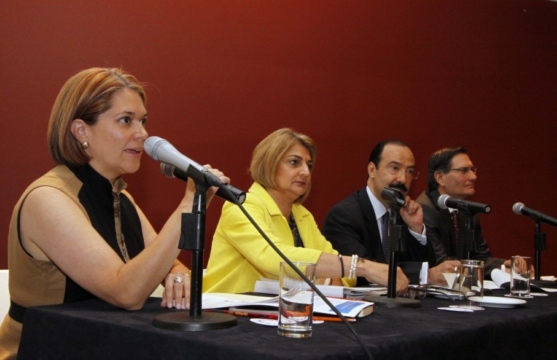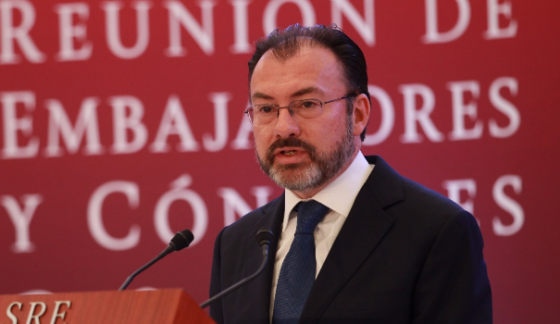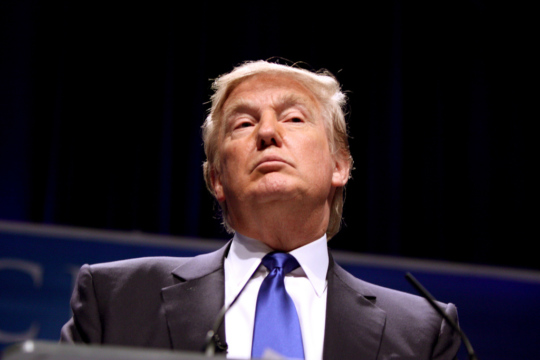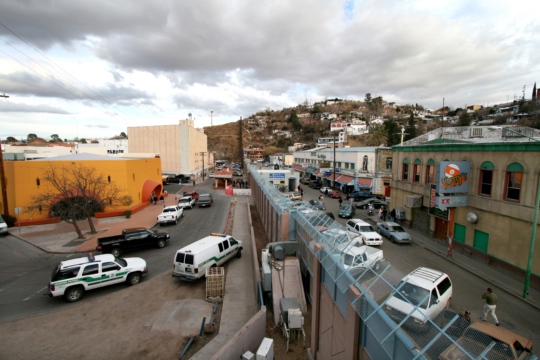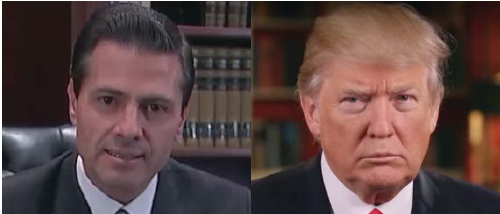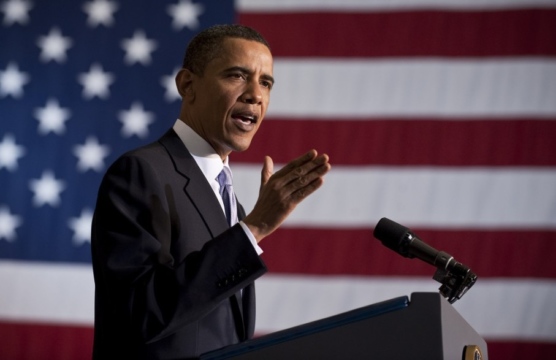
Obama: Bringing Latin America Policy into the 21st Century
At the Summit of the Americas, Obama will have the opportunity to show off the historic changes in US policy toward Latin America.
At the Summit of the Americas, Obama will have the opportunity to show off the historic changes in US policy toward Latin America.
The intricacy to understand public information related to the fight against drug-trafficking, has resulted in the emergence of a series of myths and fallacies surrounding the violence derived from the so-called “war against drugs.”
As global oil prices collapsed over the last two years, regional governments have started to lose their leverage in the energy industry. To attract international investors, they must offer increasingly favorable terms, which means ceding more of their own control.
El Fondo Monetario Internacional recientemente redujo su pronóstico sobre el crecimiento de México en 2016 de 2,8 a 2,6 por ciento.
Everyone recognized that the immigration system was a mess and needed to be fixed, but the politics were too polarized and complicated for any serious progress to be made.
US-Mexico relations are in a perilous downward spiral — one that threatens American jobs and security to an extent Trump may not even realize.
Joaquín Villalobos provided an outlook on the hemisphere’s ongoing conflicts and challenges.
Mexico has no shortage of skilled workers but needs to better align the qualifications of its graduates with the needs of the energy sector.
Mexican President Enrique Peña Nieto last week named Luis Videgaray as the country’s foreign minister. Videgaray had resigned as Mexico’s finance minister in September after Peña Nieto faced widespread criticism for meeting with then-U.S. presidential candidate Donald Trump in a visit Videgaray was reportedly instrumental in arranging. Why was Videgaray tapped as foreign minister?
The following is a sample of RIO’s monthly newsletter related to net migration flows from Mexico and Central America to the US.
The surge of child migrants from Central America has put the issue of immigration back on the table.
¿Debe México hacer campaña en Estados Unidos para que conciudadanos se registren y voten, y otra para resaltar los beneficios del TLCAN? ¿Es momento de pensar en cómo recibiremos a millones de deportados, hay que dar la pelea en tribunales internacionales de derechos humanos? ¿Llegó la hora de preparar represalias comerciales contra Estados Unidos y considerar nuevos socios en AL, Europa y Asia? Son muchas preguntas, y variadas y hasta opuestas las respuestas que dan diplomáticos, politólogos y analistas. Sólo una sola cosa es cierta: Trump es impredecible.
La victoria de Donald Trump en Estados Unidos sacudió las cancillerías de varios países en Latinoamérica que miran con inquietud el acceso a la presidencia del multimillonario. Pero, ¿podrá Donald Trump aplicar sus propuestas como la de construir un muro de separación entre México y Estados Unidos o renegociar los tratados comerciales?
Tensions boiled over between the United States and Mexico recently, amid U.S. President Donald Trump’s advancement of a plan to build a multi-billion-dollar wall along the countries’ shared border and his continued insistence that he will force Mexico to pay for it. The situation led Mexican President Enrique Peña Nieto to cancel a planned meeting with Trump in Washington and reiterate that his country would not pay for the wall. Are U.S.-Mexico relations likely to deteriorate further, or will Trump and Peña Nieto find common ground?
Una semana después de la sorpresiva victoria electoral de Donald Trump, en la capital norteamericana se respira un ambiente de “incertidumbre”, mientras en diversas ciudades se han llevado a cabo inéditas protestas contra el presidente electo.

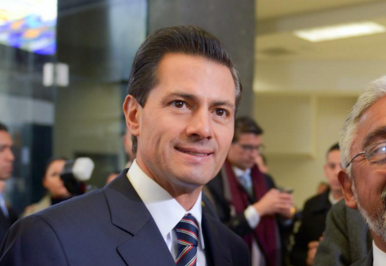
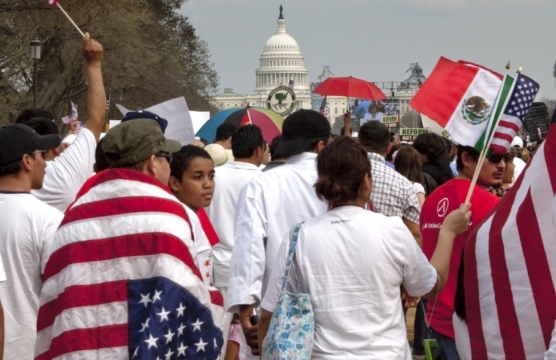
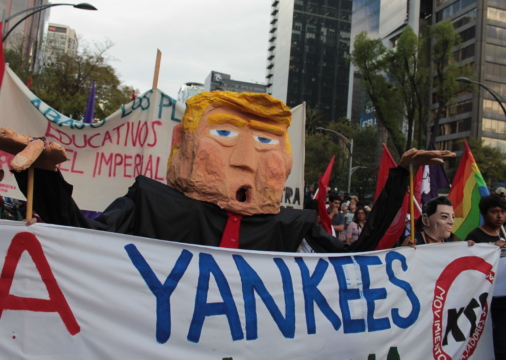
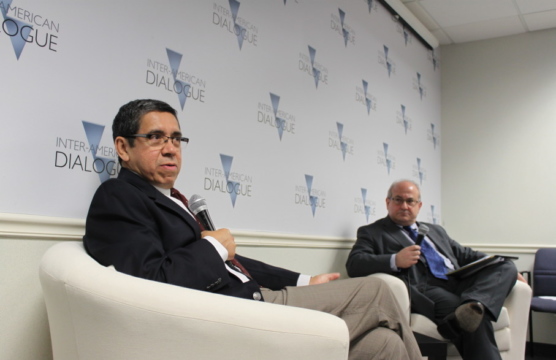 Video
Video
